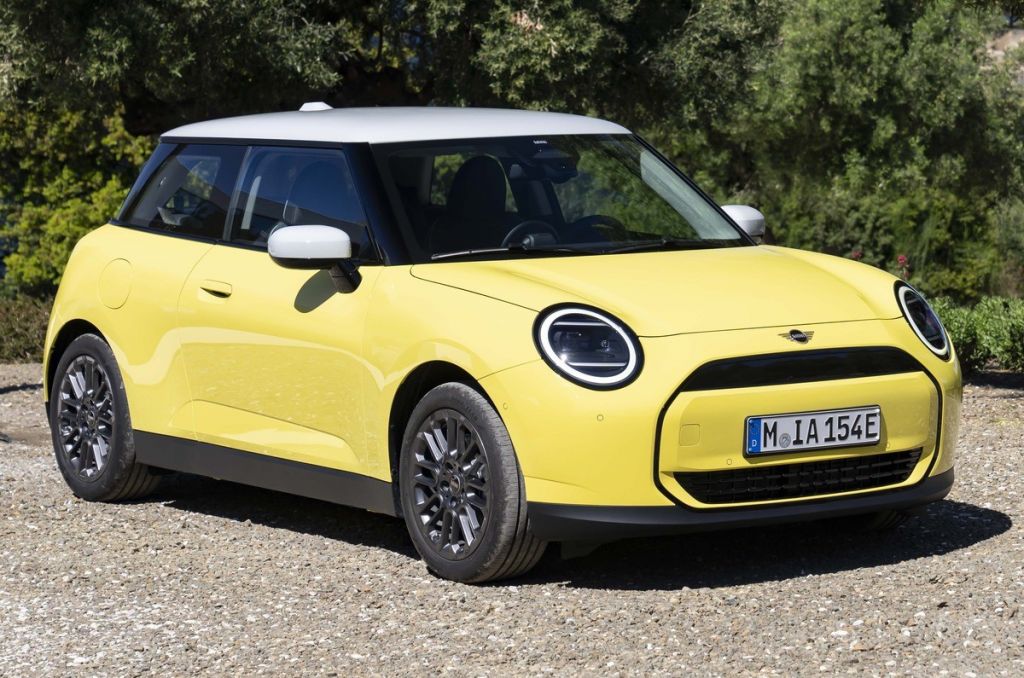
Next-generation Mini EVs might eschew the British carmaker’s current front-wheel drive setups in favour of rear-wheel drive. Mini has exclusively built front-wheel drive cars since its inception in 1959, but this tradition is set to significantly change in the coming years as a consequence of adopting BMW’s brand-new Gen6 800V platform.
- Upcoming Mini EVs based on BMW's Gen6 800V platform will be rear-wheel drive
- The platform only supports rear-wheel drive and all-wheel drive layouts by design
- Mini has yet to provide a definitive answer about the shift to rear-wheel drive
BMW Gen6 800V platform details

BMW claims that the Gen6 800V architecture will not only offer greater range and charging speeds for EVs that leverage it, but also reduce the cost to manufacture them. The platform will debut later this year with the next-gen BMW iX3, which was previewed by the Vision Neue Klasse X concept. It will then be rolled out across all next-gen BMW, Rolls-Royce, and Mini EVs.
No plans to support front-wheel drive for BMW Gen6 800V
The Gen6 800V platform is constructed in a way where the main motor (which integrates the gearbox) is mounted on the rear axle and a smaller motor is located at the front, thereby only allowing for rear-wheel drive and all-wheel drive layouts in single-, dual-, tri-, and quad-motor configurations. BMW engineers told our sister publication Autocar UK that the company currently has no plans to develop an offshoot of the Gen 6 800V platform where the main motor is mounted at the front.
Current Mini Cooper, Countryman platform details

The current Mini Cooper, Countryman, and Aceman (internationally sold) EVs are all front-wheel drive and leverage a custom architecture built in partnership with Chinese carmaker Great Wall Motor. BMW has yet to disclose when the next-gen Mini EVs, which will utilise the Gen6 800V platform, could debut.
Rear-wheel drive Mini electric cars likely a few years away
Mini officials won’t confirm or deny the rumored shift to rear-wheel drive, but it’s likely a ways off since the carmaker launched the latest-gen Cooper S and Countryman Electric in India and updated its entire model portfolio in overseas markets in the past 18 months.
Also see:
Mini Cooper S JCW Pack launched at Rs 55.90 lakh: Auto Expo 2025